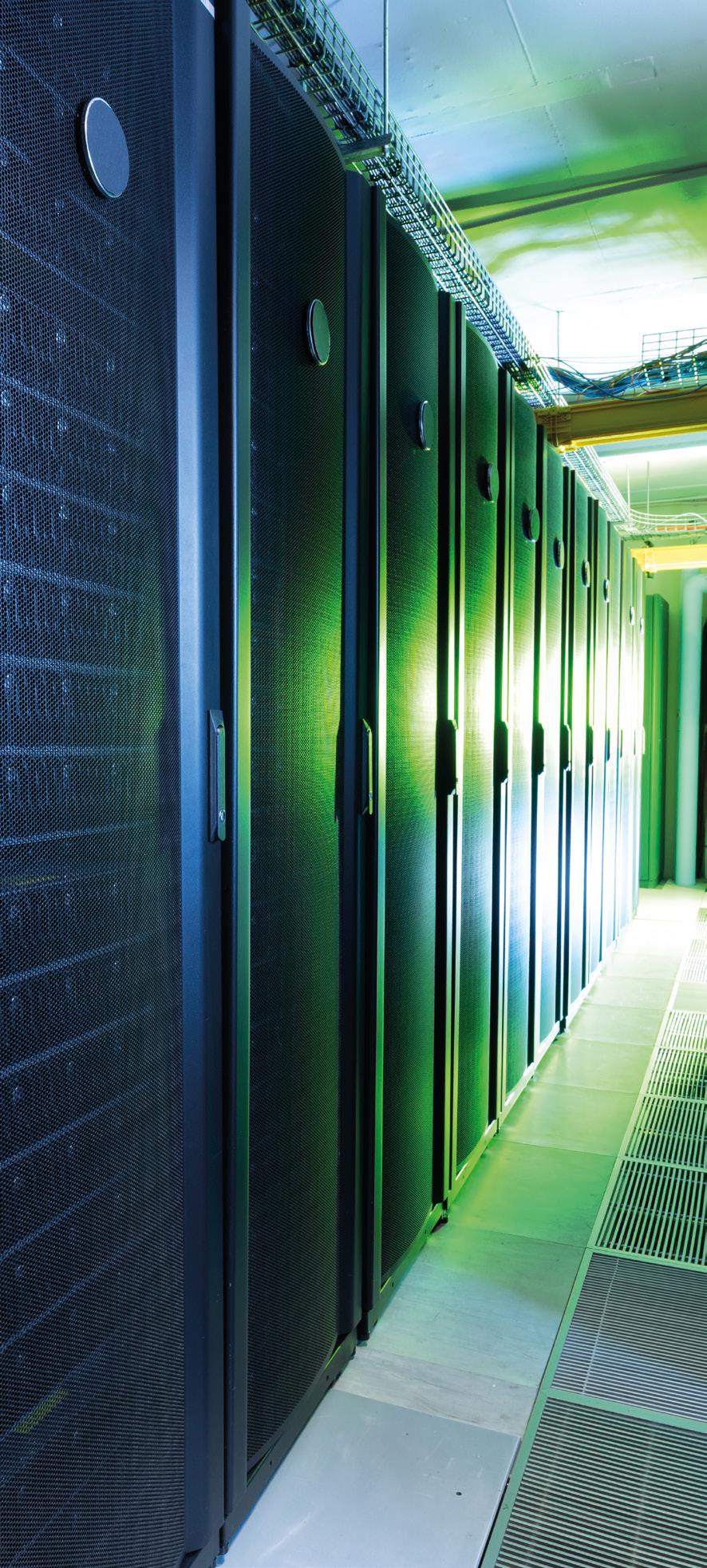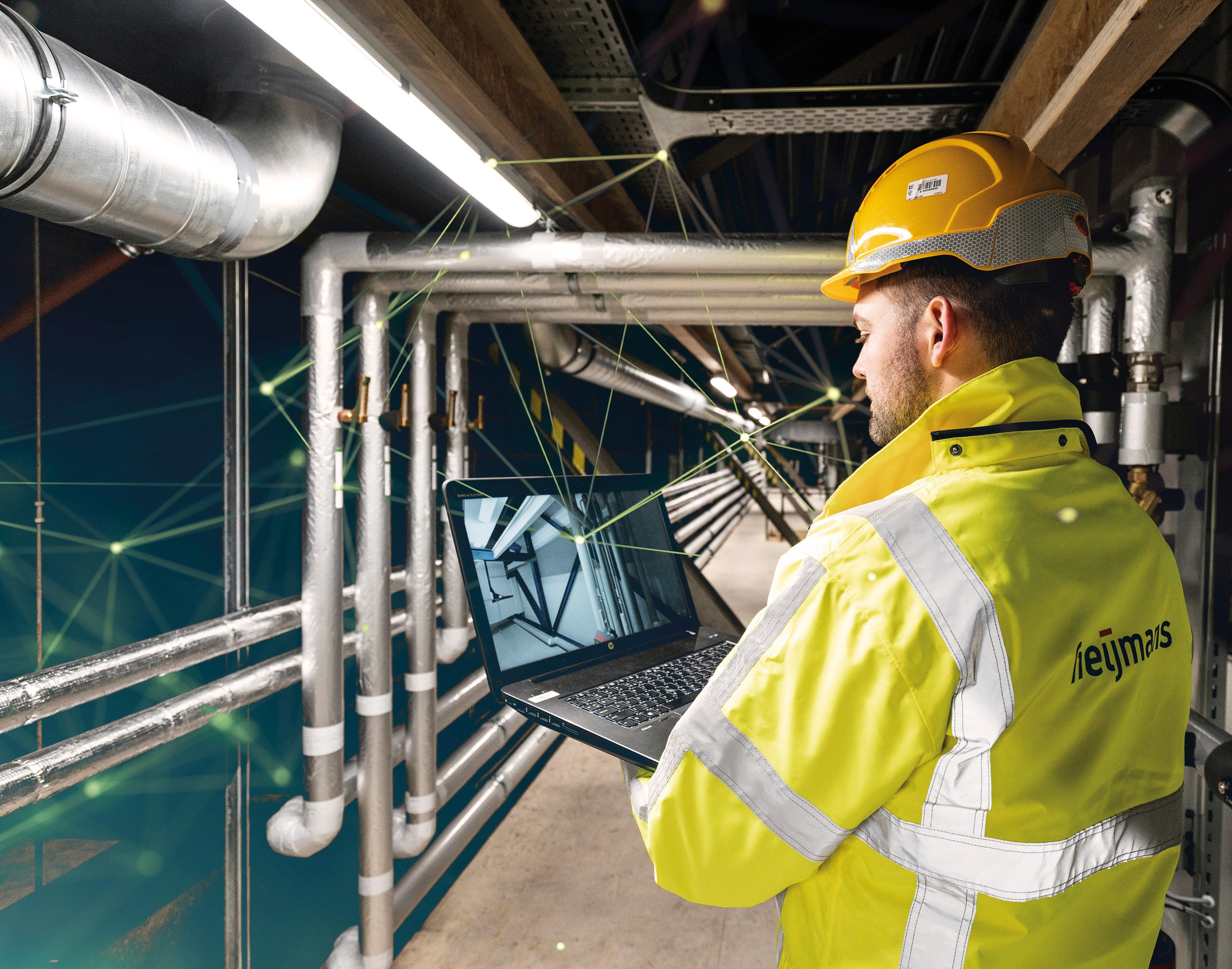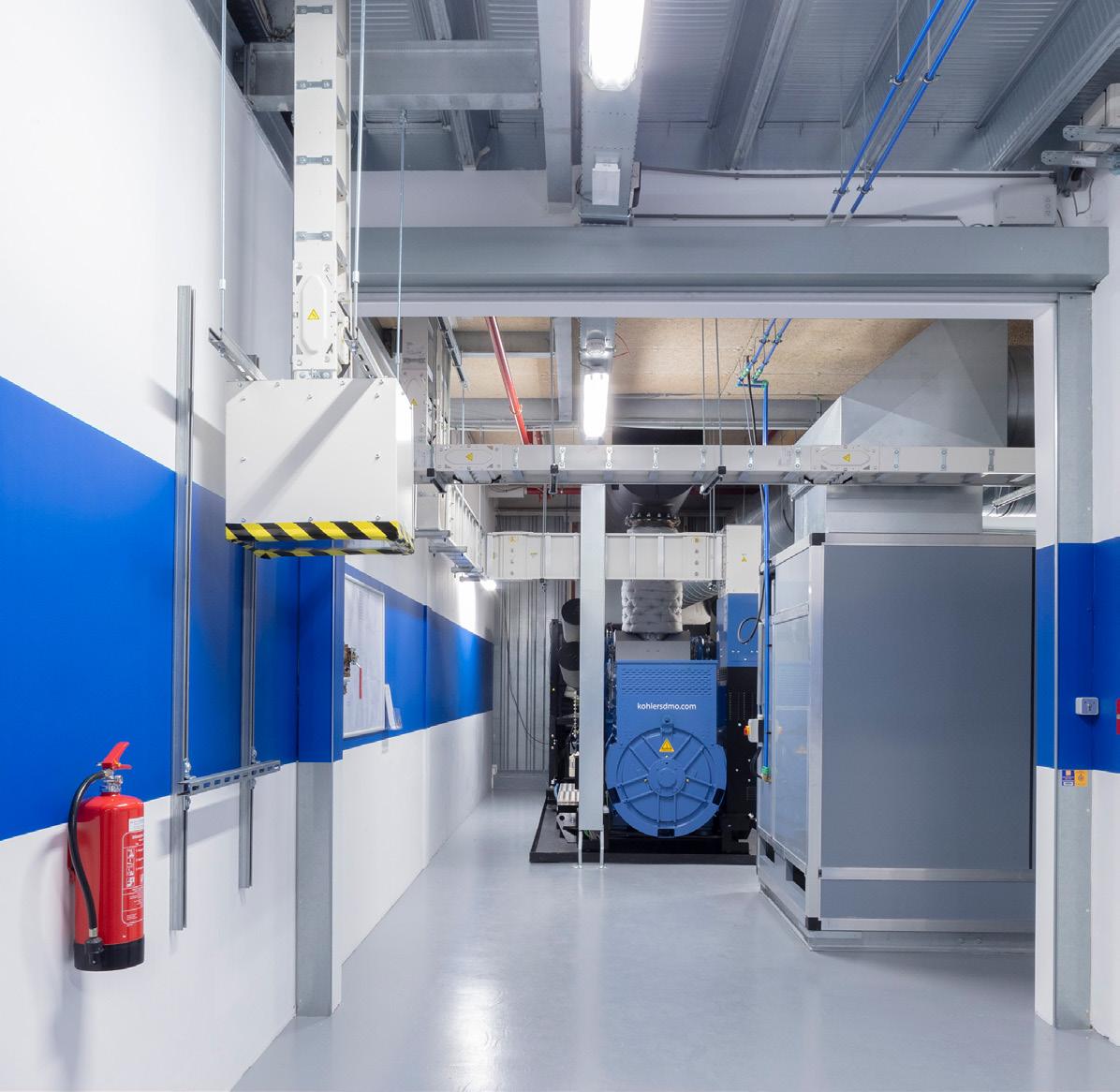
1 minute read
BUILDING SMARTER TOGETHER. Heijmans is your partner in the design and building of data centers

About Heijmans
Advertisement
Everyone wants clean air, to live in a nice neighbourhood, to work in a good workplace and to be able to travel safely from A to B. By making things better, more sustainable and smarter, Heijmans is creating that healthy living environment. We are a stock exchange-listed company that combines activities in property development, building & technology and infrastructure. In addition to this, we work safely and we add value to the places where we are active. This is how we build the spatial contours of tomorrow together with our clients: www.heijmans.nl/en/
For more information: industry are becoming increasingly alienated from – and therefore mistrusting of – it.
“We have totally forgotten that we have to actually adapt our language to the language of the public and, when using scarce resources like land, power etc, give something back to the public,” Van Essen explains. “I also think a lot went wrong there, specifically, after a lot of foreign capital came to Amsterdam and adopted a one-size-fits-all push out of their US headquarters.”
For many global enterprises, Van Essen says a ‘copy-paste’ approach across all their new locations is common. However, this can be a serious hindrance to efficiency, and be highly detrimental to a brand reputation and a reason for slow innovation.
“This optimisation game – data centre 1.0, as I call it – was very technologyoriented and not at all society-aware.

That is actually what caused a lot of frustration in Amsterdam with both policymakers and the public, and it is now also becoming a broader European topic.”
“Amsterdam was one of the first cities that started to block the growth of data centres because, actually, they were consuming too much space and power, which were meant for other things. In the end, the industry was very much the root cause of creating this block, and you see the same happening now in Frankfurt, and even in London and Dublin.”
Unexpectedly, Van Essen says that because Amsterdam has always been leading this trend towards high sustainability demands, that has proven to be a major advantage of developing solutions there.
“Once you have a working solution in Amsterdam, the chance that you can copypaste it into Frankfurt, Dublin, and the others is pretty high. If you start the other way around – develop something in London and then try to get into Amsterdam – the likelihood that you will fail is pretty big,” Van Essen asserts.










